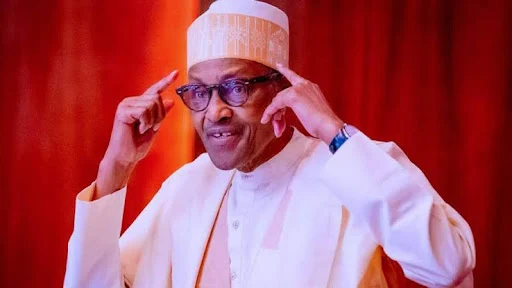The Last Journey of Baba Buhari
When news broke that Muhammadu Buhari, Nigeria’s former military Head of State and civilian President, had passed on, the nation paused — not in celebration or sorrow alone, but in deep, complex reflection.
Buhari had been a symbol of many things: discipline, austerity, stubbornness, and — to some — hope unrealized.
He died quietly in his hometown of Daura, far from the bustling politics of Abuja. A small crowd gathered outside his compound, silent, respectful, confused. The old General, who had once ruled with iron and then with promises of reform, was finally at rest.
Among the mourners was Aminu, a young teacher born in 1999, the same year Nigeria returned to democracy. To him, Buhari was more myth than man. Stories of the 1984 War Against Indiscipline, the fight against corruption, and later, the controversial leadership from 2015 to 2023 had always sounded like chapters from a dusty political textbook.
Yet Aminu felt drawn to the burial. “I want to see the man whose decisions shaped so many destinies,” he told his friends.
The crowd parted as dignitaries arrived. Soldiers stood in formation. Prayers were said. No speeches. No flamboyance. Buhari had once said, “I want history to judge me.” And now, history had its turn.
Later, Aminu walked to the local school where Buhari once voted during elections. The walls were cracked, desks dusty. He sat in silence, staring at a blackboard where a child had scribbled, “Hope for Nigeria.”
He whispered to himself, “Maybe Buhari tried. Maybe he failed. But Nigeria must go on.”
As the sun dipped behind the Hausa plains, Aminu stood, took a picture of the empty classroom, and posted it online with a single caption:
“The General is gone. But the country still needs answers.”
In that silence, Buhari's legacy lived — debated, remembered, and rewritten by a new generation.




















0 Comments